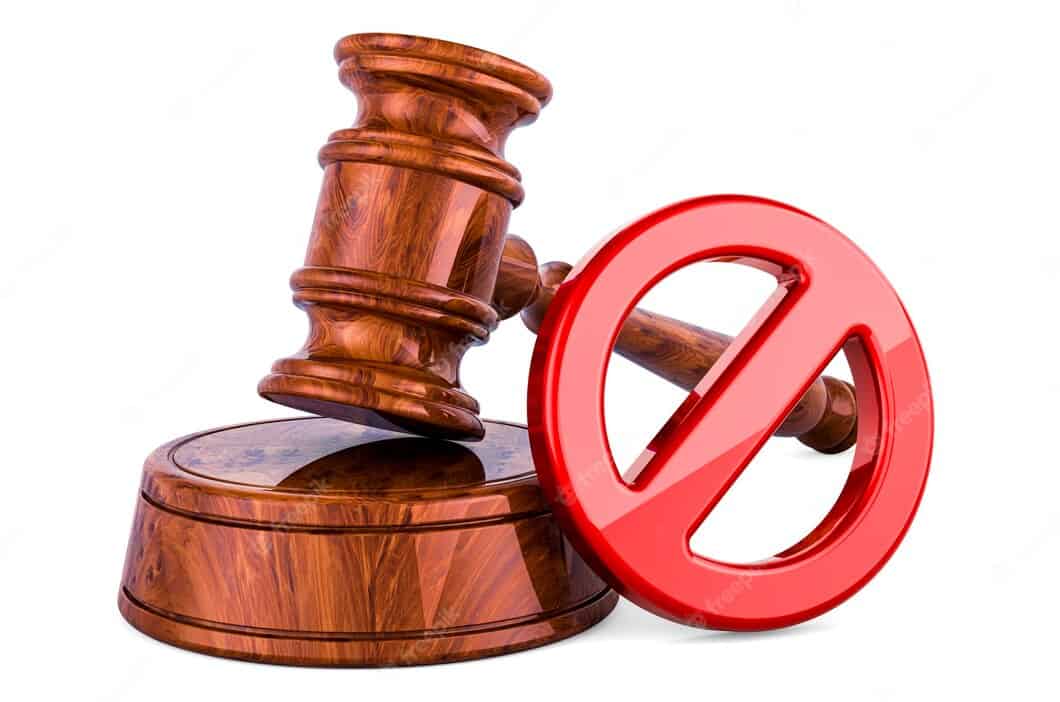Post prohibition of competition and transfer of the business to the life partner
A franchisee is a company. The franchisee and the private individual are both bound by a post-competition clause. Is this prohibition violated if the private person transfers the company to his life partner, who was also previously the manager? The District Court of Amsterdam, 13 July 2023, ECLI:NL:RBAMS:2022:8632, ruled not. After all, it depends on what exactly is prohibited.
The franchise agreement has been concluded with a company called Mukano. The franchise agreement includes a post-competition prohibition, which see top Mukano as well as the director and sole shareholder. This clause reads as follows:
“Franchisee and Private Franchisee shall not, directly or indirectly, sell goods and services at the Location, directly or indirectly, for one year after the termination of this Franchise Agreement, which may compete with the goods and services that are the subject of this Franchise Agreement”
Around the termination date of the franchise agreement, Mukano transferred virtually all of its assets (including personnel, inventory, equipment and supplies) to another company. The (former) manager of Mukano, and also the life partner of the sole shareholder and director of Mukano, is the sole shareholder and director.
Although the court agrees with the franchisor that the foregoing circumstances raise the necessary questions, these circumstances cannot lead to the judgment that Mukano has violated the non-compete clause. The decisive factor for this is that, according to its letter, the clause relates to the direct or indirect sale by Mukano of comparable goods and services in the branches. There is no evidence of this direct or indirect sale by Mukano. The fact that Mukano has sold its assets does not mean that it is or has been indirectly involved in the sale of competing goods and services by this third party. There is therefore no question of a violation of the postal prohibition of competition.
Incidentally, Mukano did have payment arrears with the franchisor. Mukano defended itself in particular with the argument that further agreements had been made that were partly aimed at increasing Mukano’s profitability and that this was disappointing in practice. According to the court, this in itself is not a reason to conclude that the franchisor failed to fulfill its (support) obligations. After all, as the franchisor rightly argued, the parties have not agreed on any profits to be made and the franchisor has (only) focused on more intensive support for a higher profitability of the franchise for Mukano. Mukano must therefore pay the arrears.
This judgment once again shows the importance of the description of a postal non-competition prohibition. The description of the expected (support) obligations of the franchisor is also important.
Ludwig & Van Dam lawyers, franchise legal advice.
Do you want to respond? Then email to dolphijn@ludwigvandam.nl

Other messages
When does a franchisor go too far when recruiting franchisees?
The judgment of the Court of Appeal of Arnhem-Leeuwarden on 5 February 2019 dealt with whether the franchisor had acted impermissibly when recruiting the franchisees.
Advisory Board on Regulatory Pressure (ATR) advises State Secretary Keijzer about the Franchise Act
In short, it is first advised to actively inform franchisors and franchisees about this amendment to the law.
Post non-competition ban on services and sales franchise
When a franchise agreement ends, many franchisees encounter a prohibition in the franchise agreement to perform similar work for a period of time thereafter
The concept of the Franchise Act: impact for franchisors and franchisees – dated February 5, 2019 – mr. AW Dolphin
Ludwig & Van Dam Advocaten believes that if the draft of the Franchise Act actually becomes law, a lot will change for franchisors and franchisees.
Buy franchise business and the laid off sick employee from 7 years ago
The question is whether a Bruna franchisee, when selling the franchise company to Bruna, should have stated that seven years ago an employee had left employment sick.
Court prohibits Domino’s unilateral area reduction when extending franchise agreements – dated January 28, 2019 – mr. RCWL Albers
On January 9, 2019, the District Court of Rotterdam rendered a judgment in a lawsuit initiated by the Association of Domino's Pizza Franchisees and all its members (almost all Domino's franchisees).






